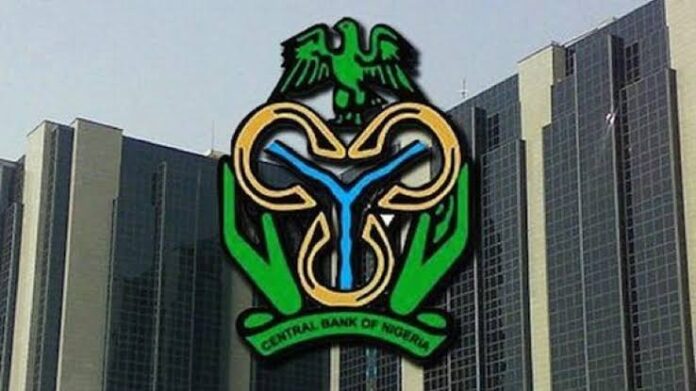The Central Bank of Nigeria (CBN) has announced that the country’s Net Foreign Exchange Reserve (NFER) surged to $23.11 billion by the end of 2024, marking its highest level in more than three years.
In a statement released in Abuja, the apex bank attributed the increase to improved external liquidity, reduced short-term obligations, and renewed investor confidence in Nigeria’s economy.
The NFER, which accounts for near-term liabilities such as FX swaps and forward contracts, rose significantly from $3.99 billion in 2023, $8.19 billion in 2022, and $14.59 billion in 2021.
Additionally, Nigeria’s gross external reserves climbed to $40.19 billion, compared to $33.22 billion at the end of 2023. The CBN credited the improvement to policy measures such as reducing short-term forex liabilities, increasing FX market transparency, and strengthening non-oil inflows.
CBN Governor Olayemi Cardoso described the reserve growth as a result of strategic economic policies rather than chance. “This improvement in our net reserves is not accidental; it is the outcome of deliberate policy choices aimed at rebuilding confidence, reducing vulnerabilities, and laying the foundation for long-term stability,” he stated.
Looking ahead, the CBN expects further growth in forex reserves in 2025, citing factors such as improved oil production, stronger non-oil FX earnings, and diversified external inflows.
The bank reaffirmed its commitment to prudent reserve management, stable exchange rates, and investment-friendly policies to sustain economic resilience.








